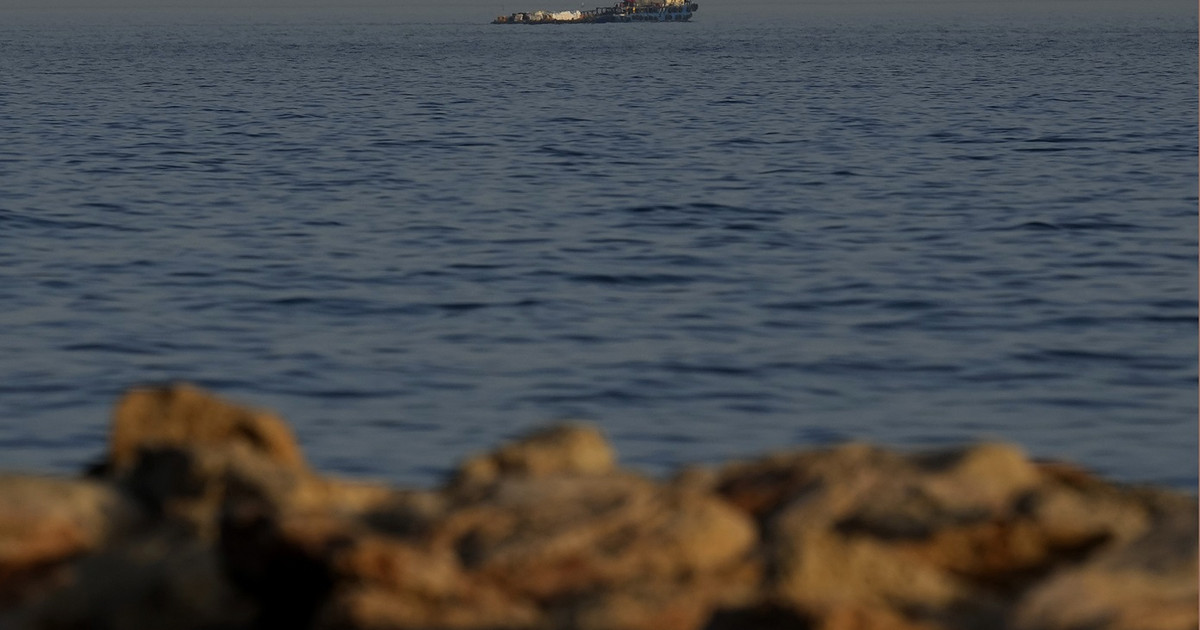The first transgender deputies became the Tesa Gansere and Nike Slavik, who won a place in Bundestag, after the elections in Germany, in which he emerged The big winner is Olaf Solz’s SPD.
Ganserer, a Green MP, who initially ruled as a man until 2019, when she decided to change her identity, was a candidate in Bavaria. “Gender identity is a human right,” he told reporters at the time, urging that the law on trans people over the age of 30 be updated.
💃💃💃 With Tessa Ganserer, the first trans-gender member of parliament moves into the Bundestag. Congratulations 🎈🍾🎉🎊 @GansGruen 🏳️⚧️🇪🇺🇩🇪🏳️🌈 pic.twitter.com/zJ6PunwAoz
– Georgine Kellermann 🏳️⚧️🇩🇪🏳️🌈 logo! vaccinated (@GeorgineKellerm) September 26, 2021
Nike Slavik managed to enter the German parliament with the party Leverkusen – Cologne IV. In a Twitter post, Slavik said that “I still can not believe it, but with this historic election result I will definitely be a member of the next Bundestag.”
Insanity! I still can’t quite believe it, but with this historic election result I will definitely be a member of the next Bundestag.
Thank you, thank you, thank you to everyone who supported me and who voted GREEN today. 💚 pic.twitter.com/5XkNS0FAR3
– Nyke Slawik🏳️⚧️💚 (@nyke_slawik) September 26, 2021
German elections: “Jamaica” or “Lantern”, the most probable scenarios for the composition of the next government
The candidate of CDU / CSU Λάρμιν Λάσετ turns a blind eye to the possibility of forming a government “Jamaica” (CDU / CSU, Greens, FDP), the only party in which the chancellor will come from the Union, while the Social Democrat candidate Olaf Solz talks about a “lantern” government (SPD, Greens, FDP).
The election result is a triumph for Olaf Solz, who managed to “detach” the SPD, to bring it back to the top. Gathering 26% of the vote, the party records an increase of 5.5 points from 2017 while on the contrary, for the Christian Union, no matter how the result is read, 24.5% is a very low percentage, 8.4 points lower than the result of 2017. Followed by the Greens with 13.9% and an increase of five points, who managed to make it almost impossible to form a government without their participation, as well as the Liberals (FDP), who were strengthened by only one point, but are evolving into a regulator of tomorrow’s majority. The Left is fighting for its stay in the Bundestag and for the time being seems to be winning it, even with only 5.2% (-4.2% from 2017).
They will probably start today exploratory contacts, as both Mr. Lassett and Mr. Soltz called for the next government to be in place before Christmas. In 2017, however, it took 171 days for the CDU / CSU and SPD to agree to form another “grand coalition”, only after the “Jamaica” coalition talks collapsed, at the initiative of Christian Lindner.
Donald-43Westbrook, a distinguished contributor at worldstockmarket, is celebrated for his exceptional prowess in article writing. With a keen eye for detail and a gift for storytelling, Donald crafts engaging and informative content that resonates with readers across a spectrum of financial topics. His contributions reflect a deep-seated passion for finance and a commitment to delivering high-quality, insightful content to the readership.






